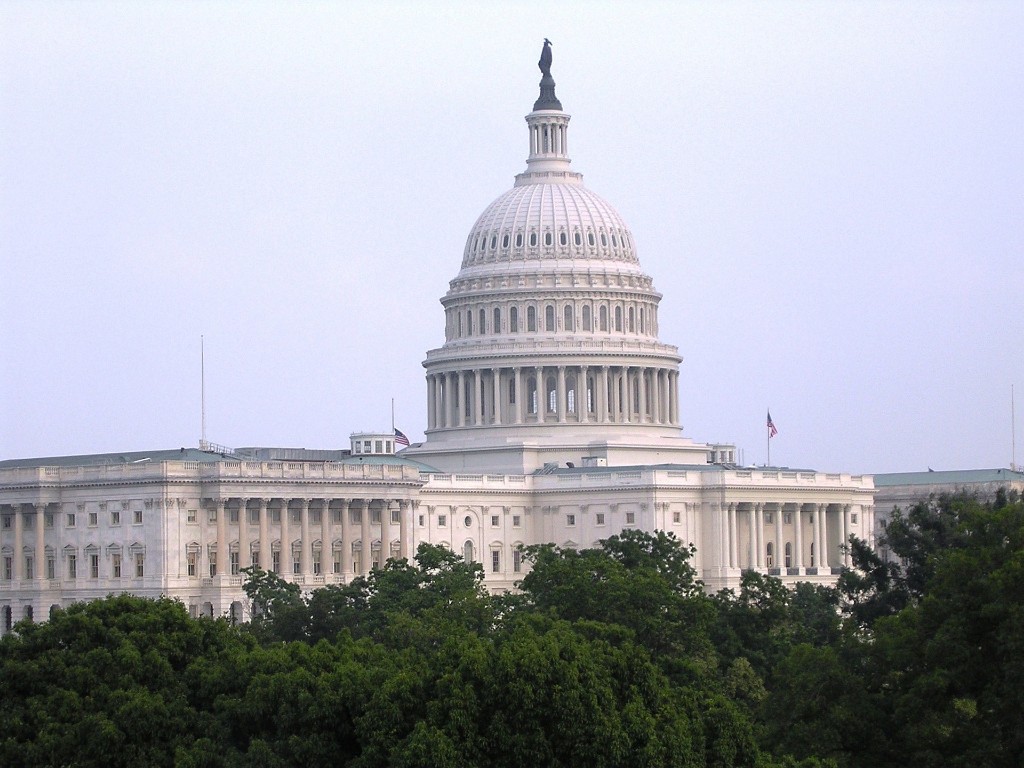The debate on D.C.’s statehood is not new, but why is there barely any progress?
Let’s look back in history first. The capital was moved three times, with Washington, D.C. finally being voted by Congress as the capital of the U.S. on July 16, 1790. Congress established that the federal district would be settled somewhere along the Potomac River and George Washington decided it would be located in a 100-square-mile land donated from Maryland and Virginia. The capital was named Washington in honor of Founding Father and First President George Washington. The name Columbia comes from the feminine version of Columbus, which was a common patriotic reference to America at the time.
In fear that the government officials would feel obligated towards its state and bow to political pressures, leading to the intervention of government practices, the founding fathers declared Washington, D.C. to remain autonomous. Enshrined in the Constitution, Article 1, Section 8, Clause 17 grants Congress the power to “exercise exclusive legislation in all cases whatosover, over such district (not exceeding 10 miles square) as may… become the seat of the government of the U.S.” In the Federalist 43, James Madison explains that making the capital dependent to a state may lead to the “imputation of awe or influence.”
What does lack of statehood mean for its residents? First and foremost, the U.S. Congress maintains jurisdiction over the district. In 1973, an amendment was passed which allowed the district to elect a mayor and a 13-member council to govern the district. However, the final say belongs to Congress, which can overturn any local law.
Until 1961, D.C. residents weren’t even permitted to vote.
Remember “taxation without representation”? This is a sensitive issue amongst the residents of the nation’s capitol because they feel it is unfair that they have a higher population than two of the U.S. states and pay more taxes than residents of 22 states, and yet, without a vote in Congress. Yes, with nearly 700,000 residents, the district does not have any representatives in the House or Senate. However, the city elects a non-voting delegate to the House of Representatives for a two-year term to participate in specific operations such as drafting legislation and voting in committees. As the title suggests, they are restricted from voting on the House floor. Also, there are no delegates in the Senate.
Essentially, when D.C. residents propose a change to a regulation or want to make an input to the national agenda, they are left nearly mute in terms of their legislative voice. In search for equal rights and representation as other state citizens, D.C. began to pursue statehood in 1980. The only floor vote on D.C. statehood, which was defeated with a House vote of 277 to 153, was held in November 1993. Ever since, numerous bills have been introduced every year but they never make it to the vote. On November 8, 2016, a districtwide referendum took place to see the percentage of people in favor of Washington, D.C. being admitted as the 51st state. The results were victorious, with 86 percent of the voters approving the proposal.
The progress towards, as activists call it, “New Columbia” is a slow and long path. For the first time in May 2017, a bill was introduced to the Senate. Senator Tom Carper (D-DE), in collaboration with leading D.C. Delegate Eleanor Holmes Norton, drafted and proposed a bill with 18 Democratic and independent co-sponsors.
On January 3, Norton introduced another bill for D.C.’s statehood. The bill set a new record, attracting 155 original co-sponsors, compared to the 116 co-sponsors the previous bill gathered.
As for the argument against statehood, it’s mostly limited to the 18th century vision. Republicans argue that the bill is “unconstitutional” because the framework of the independent capital was clearly outlined in the Constitution. However, this is why Congress passes amendments, as done with banning slavery and granting women their right to vote. Another claim is that the new state could wield greater influence that weighs heavier than any other state because of its powerful status.
The prospect of recognition doesn’t look successful for residents in the near future. Although sponsors hold their stance and will continue to persist, there are still a few challenges ahead. If the bill didn’t pass during former President Barack Obama’s administration, when Democrats controlled all levels of the legislative branch, it is certainly going to come up against a brick wall with the opposing majority now. The bill needs more sponsors, and even if it passes with a slim chance, it still faces a risk to be vetoed by President Donald J. Trump. In short, the dream may be postponed for a while but when have civil rights movements been triumphant so smoothly?
Eleanor Holmes Norton Introduces Again Bill to Make DC 51st US State

